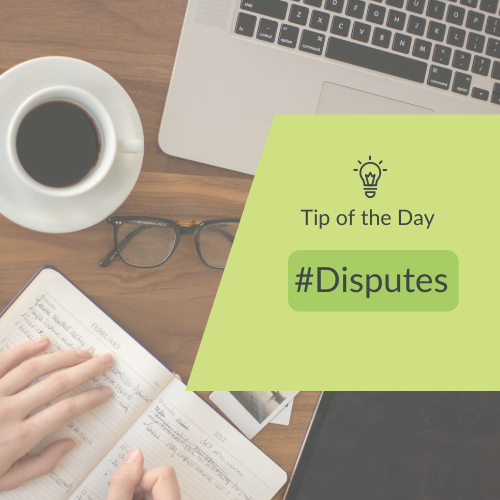Disputes
Disputes Tip 2: Why is closing submission the first step in trial preparation?
The closing submission defines and determines the trial. When counsel knows what he wants to say in his closing speech, he will also know what evidence he needs from his witnesses and what cross-examination is required. Whatever counsel will not be saying to the court in closing will not be relevant or important for any other stage of the trial. Closing is the point where counsel asks for the court’s indulgence or relief, reminding the court of the evidence that has passed through the trial and citing, if necessary, the law that applies to justify the orders prayed for.
In most first-instance cases, facts are of paramount importance and the law is often trite. To spend a lengthy amount of time at the start of the closing submission to set out the law is therefore very poor advocacy. Instead, you can use the law and the authorities skillfully to enhance your submissions, for instance, in this way:
- The law says that if you are found in possession of more than 2g of heroin, you are presumed to have them for the purposes of trafficking – but the Accused says that the 3kg of heroin sitting in a jar on his dining table was neither in his possession nor for trafficking by him.
Focus on your killer points in your closing submissions. These are points that if you succeed in persuading the court you win your case no matter how many pinprick points your opponent might have won. If you persuade the court that the DNA on the bag of drugs was that of someone other than your client, it would not matter if the Prosecution has successfully proved that your client had a similar shirt worn by the man seen by other witnesses as the one who received the bag of drugs.
Or you could try the “death by a thousand cuts” approach. What approach is this, and is it more effective? Find out in Criminal Advocacy [2019] SAL Prac 9, by Justice Choo Han Teck. Refer to the full article [2019]_SAL_Prac_9_Criminal_Advocacy (academypublishing.org.sg) for a discussion of the above points and more insights from the author.
<< Back to Junior Lawyers Professional Certification Programme
|
|
|
Disputes Tip 1: Guidelines on Engaging Expert Witnesses Disputes Tip 3: Online Advocacy Disputes Tip 4: You are a lawyer: Reading Your 1,000th Email And Losing Yourself In Disputes Practice |
|
|













